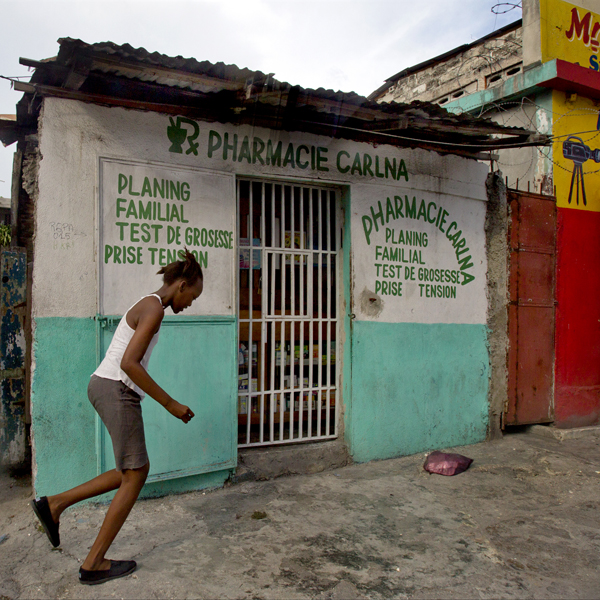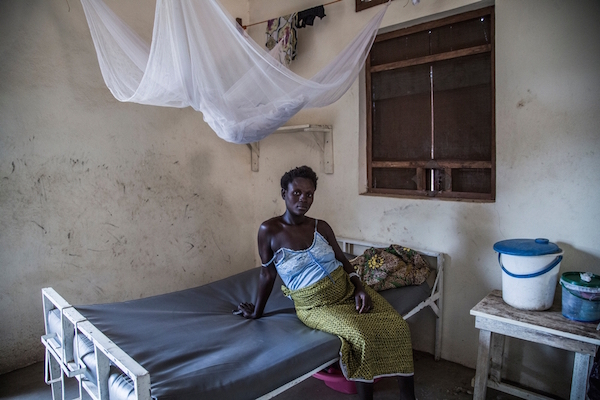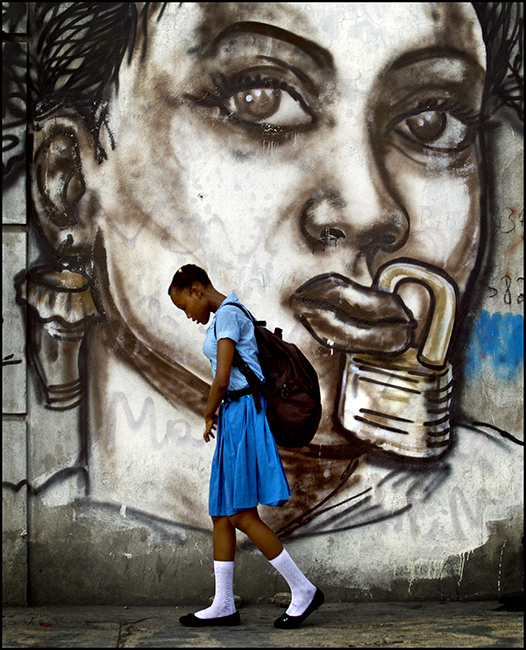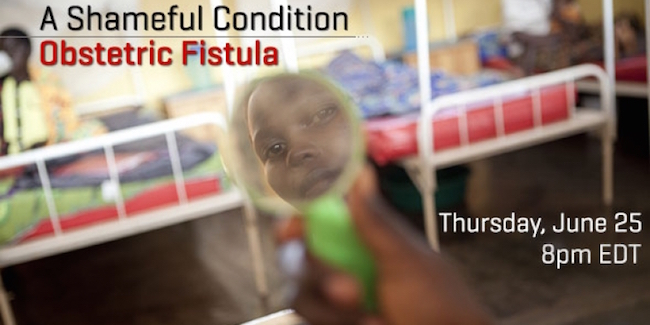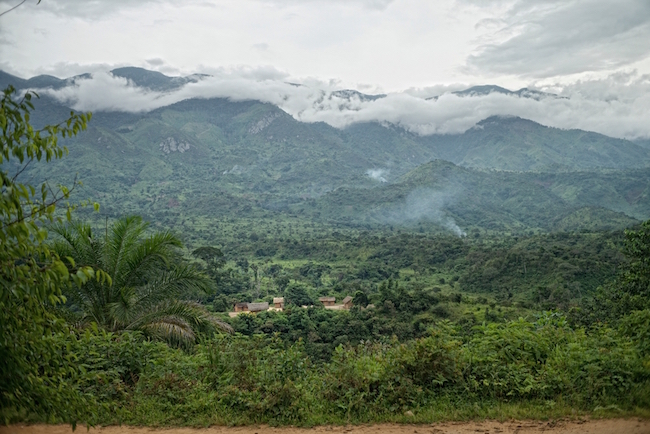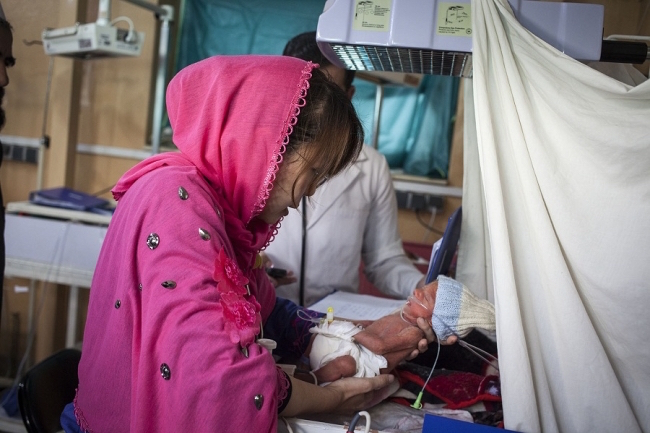On March 4, 2015, Nina Strochlic of the Daily Beast led a discussion with MSF field workers, and one of Because Tomorrow Needs Her photojournalists, on women’s health care.
Panelists:
Martina Bacigalupo studied photography at the London College of Communication. She lives in Burundi, where she works as a freelance photographer, often in collaboration with international NGOs. Her work has been published in the New York Times, Sunday Times Magazine, Le Monde, Vanity Fair, Esquire, Liberation, Internazionale, and has been shown in several international venues, including PARIS PHOTO 2013, UNSEEN Amsterdam 2014, and AIPAD New York 2014. She won the Canon Female Photojournalist Award in 2010 and the Fnac Award for photographic creation in 2011.
Dr. Séverine Caluwaerts is a obstetrician-gynecologist and one of the referent gynecologists for MSF. Prior to joining MSF, she spent a year of her residency in South Africa, where she cared for a large population of HIV-positive women. She has completed assignments for MSF in Sierra Leone, Democratic Republic of Congo, Niger, Burundi, Pakistan, and Afghanistan. When she is not on mission, she works with HIV-positive pregnant women in Belgium and is involved in teaching medical students and midwives.
Catrin Schulte-Hillen has worked for MSF as a midwife, project coordinator and project manager in conflict and post-conflict contexts in Africa, Latin America, and the Balkans. She is the leader of MSF’s reproductive health and sexual violence care working group. Prior to that, Schulte-Hillen was a program director for MSF-USA and worked for several years as a health advisor and consultant for MSF, the European Commission, and other NGOs. She is a licensed midwife and holds a masters of public health degree, a license in applied epidemiology and statistics, and a degree in business administration.
Africa Stewart is a wife and mother of three who graduated with honors from the Johns Hopkins University. She completed her medical degree and residency in obstetrics and gynecology at Drexel University and Hahnemann Hospital in Philadelphia. Dr. Stewart joined MSF in 2011 and has completed assignments in Sudan, South Sudan, and Nigeria. She is an outspoken supporter of women’s rights and specializes in obstetric fistula prevention and repair. She continues to serve her local communities with adolescent outreach and education.
Nina Strochlic, moderator, is a reporter at the Daily Beast, covering women’s rights and international development. She’s reported from South America, Southeast Asia and Central Africa, most extensively in the Democratic Republic of Congo. She has written for Vice, Marie Claire and National Geographic Traveler.
#TomorrowNeedsHer
